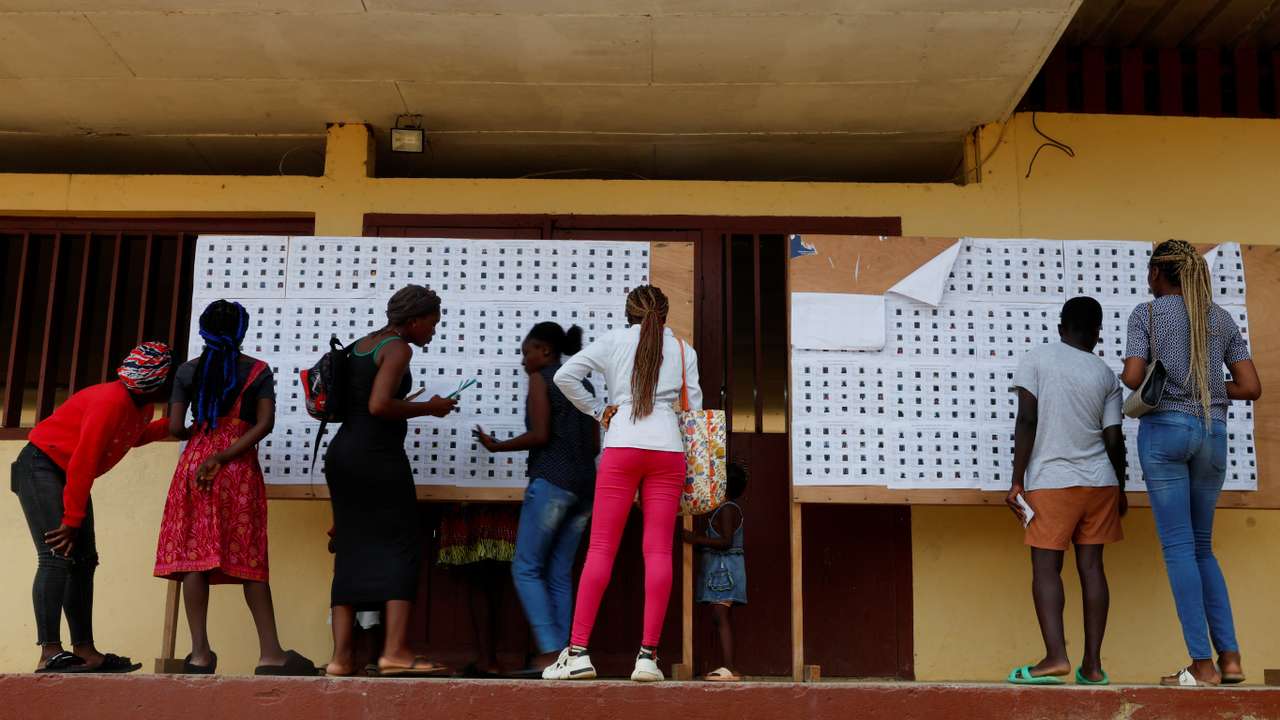This is why Namibia is giving every citizen a digital ID to access public, private services

Namibia will introduce electronic identity cards for its citizens beginning July 2026.
According to officials, this is a major step towards the country's digital transformation.
The smart ID cards will feature embedded chips storing biometric data, including fingerprints and photographs, to offer a secure and unified way for individuals to verify their identity across multiple services.
The Ministry of Home Affairs, Immigration, Safety and Security says the rollout will help tackle identity fraud, reduce duplication in public records and simplify access to essential services such as healthcare, banking, education, voting and employment.
Authorities also say the initiative is especially crucial for people living in remote communities, where people have to travel long hours to access government offices.
Mobile registration units will be dispatched to rural areas to ensure no one is excluded.
Speaking to local media, Executive Director Etienne Maritz called the project more than just a card update.
He described it as a foundation for digital inclusion, ensuring that all Namibians have a trusted, secure and consistent way of identifying themselves in both public and private sector transactions.
He also emphasised that the e-ID forms part of a larger national strategy to modernise state systems and improve integration with other Southern African countries.
To prepare the public for the shift, a national awareness campaign has been launched, beginning in the Khomas region.
One of its key events, an “Un-Conference on Digital Legal Identity,” will take place in Windhoek on 26 June 2025.
The event, among other things, will be open and informal than traditional conferences, to give residents a chance to ask questions directly and receive clear answers.
Over 500 participants, including local leaders and senior officials, are expected to attend the gathering.
This story is written and edited by the Global South World team, you can contact us here.